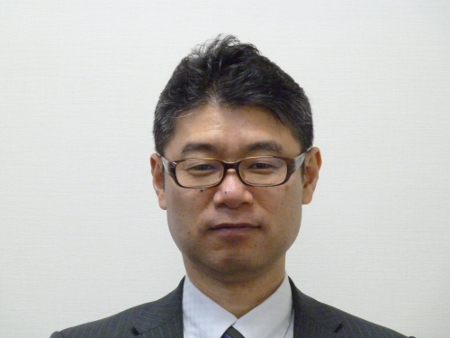
Full Text
簡体字 / 正體字 / English摘要:
台湾的经济结构极易受中美经贸关系不稳定的影响。从2018年7月,美国政府开始对中国大陆制造的产品(例如:高科技产品)追加征收关税,而中国也做出回应,提高了对美国农产品和其他产品的关税。这场“中美贸易战”对夹在其中间的台湾经济带来何种以及多大的影响呢?随着美国对大陆加征关税范围的扩大,台湾主要在与IT相关的零配件中获得出口替代效应。但是台湾对大陆、香港出口的减少抵消了这种替代效应。此外,加征关税的范围愈扩大,台湾企业调整供应链的成本也会愈增大。在这种情况下,大陆、美国经济疲软将不可避免地使台湾经济面临巨大的下行压力。除了加征关税以外,美国政府还在加强对大陆技术交流的限制。许多以大陆高科技公司为客户或合作伙伴的台湾企业开始体会到政经环境恶化之影响。因此,虽然贸易统计表明台湾一些部门正在从“中美贸易战”中受益,但总体而言,它对台湾经济产生着负面影响。
摘要:
台灣的經濟結構極易受中美經貿關係不穩定的影響。從2018年7月,美國政府開始對中國大陸製造的產品(例如:高科技產品)追加徵收關稅,而中國也做出回應,提高了對美國農產品和其他產品的關稅。這場「中美貿易戰」對夾在其中間的台灣經濟帶來何種以及多大的影響呢?隨著美國對大陸加徵關稅範圍的擴大,台灣主要在與IT相關的零配件中獲得出口替代效應。但是台灣對大陸、香港出口的減少抵消了這種替代效應。此外,加徵關稅的範圍愈擴大,台灣企業調整供應鏈的成本也會愈增大。在這種情況下,大陸、美國經濟疲軟將不可避免地使台灣經濟面臨巨大的下行壓力。除了加徵關稅以外,美國政府還在加強對大陸技術交流的限制。許多以大陸高科技公司為客戶或合作夥伴的台灣企業開始體會到政經環境惡化之影響。因此,雖然貿易統計表明台灣一些部門正在從「中美貿易戰」中受益,但總體而言,它對台灣經濟產生著負面影響。
Abstract:
Taiwan’s economic structure is deeply susceptible to instability in US-China economic relations. Beginning in July 2018, the US government began imposing additional tariffs on goods made in Mainland China, such as high-tech products, and China responded in turn, raising tariffs on US agricultural and other products. Caught in the middle, what does this “trade war” mean for Taiwan’s economy? With the expansion of the scope of additional US tariffs on Mainland China, Taiwan is gaining an export substitution effect mainly in IT-related parts and accessories. However, this substitution effect has been outweighed by a decrease in Taiwan’s exports to the Mainland and Hong Kong. Additionally, as the scope of the tariffs increases, so too do the costs of supply chain adjustments for Taiwanese companies. Under such conditions, the Taiwanese economy will inevitable face strong downward pressure from weakening Mainland and US economies. In addition to tariff increases, the US government has been strengthening restrictions on technology exchanges with Mainland China. Here, too, many Taiwanese companies that have Mainland high-tech firms as customers or partners find themselves in a precarious political-economic climate. Thus, while trade data shows that certain sectors in Taiwan are benefiting from the trade war, overall it is having a deleterious effect on the health of the Taiwanese economy.